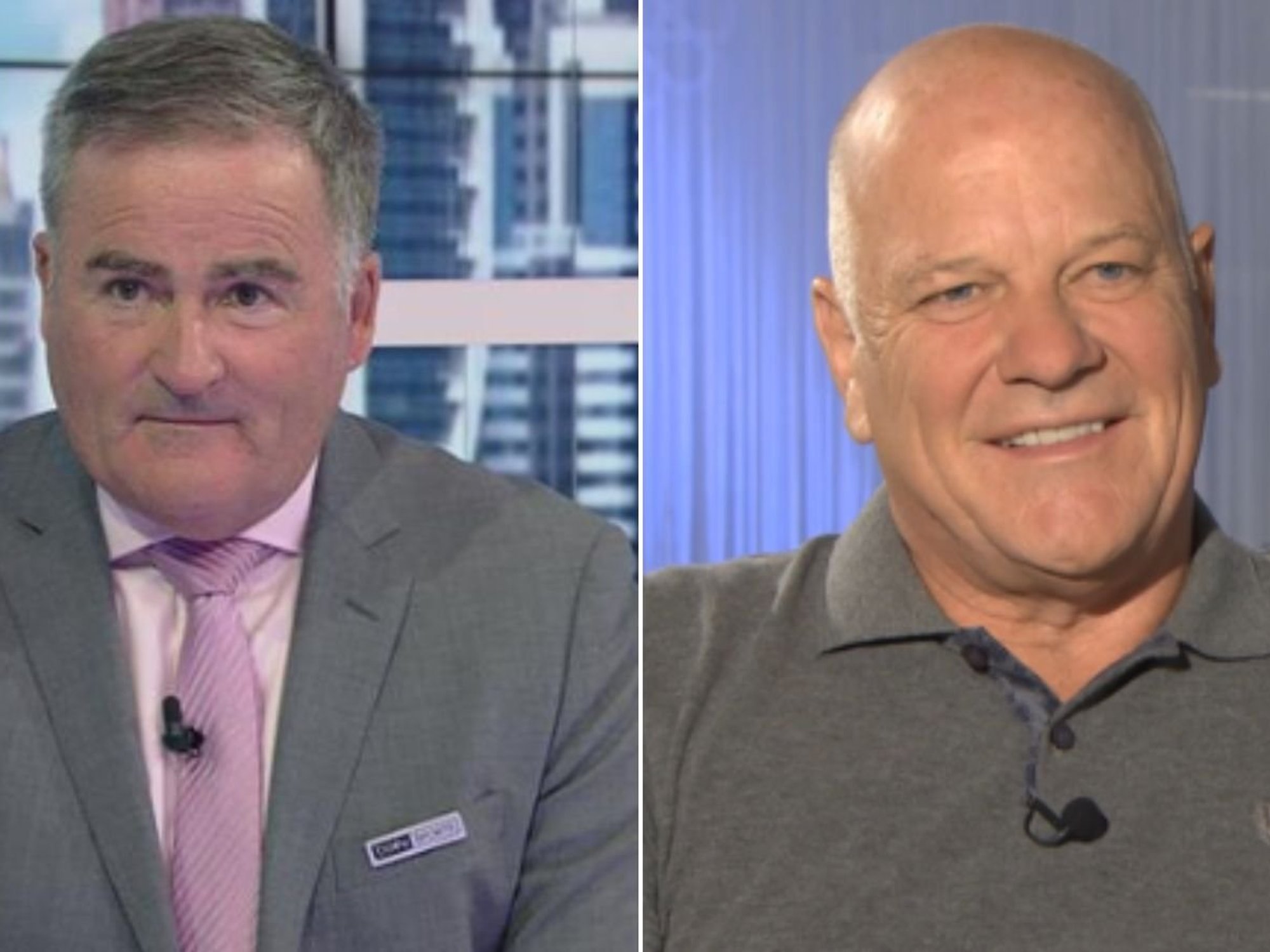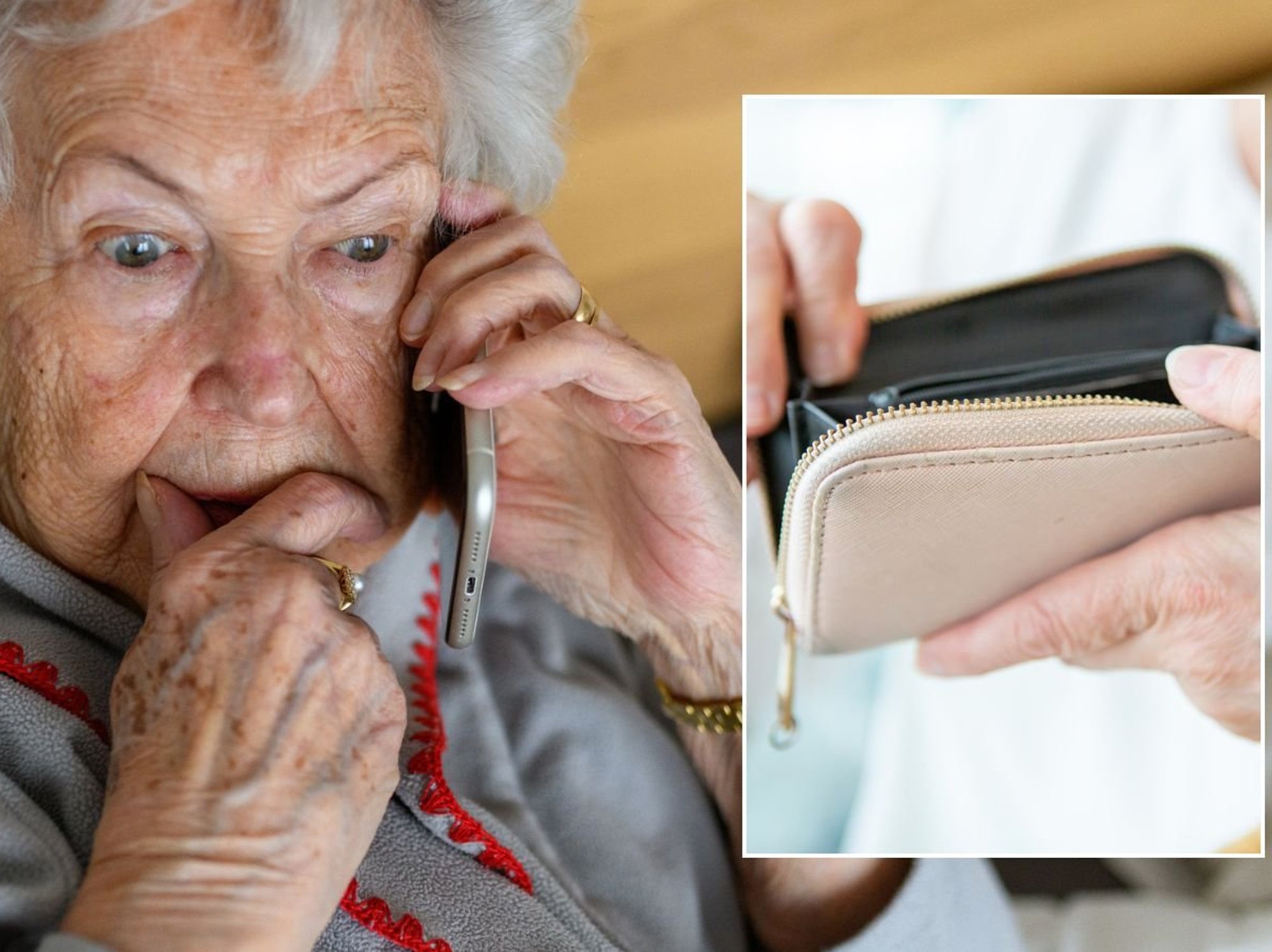Council tax raid could 'force pensioners out of their homes' as Rachel Reeves considers doubling the levy
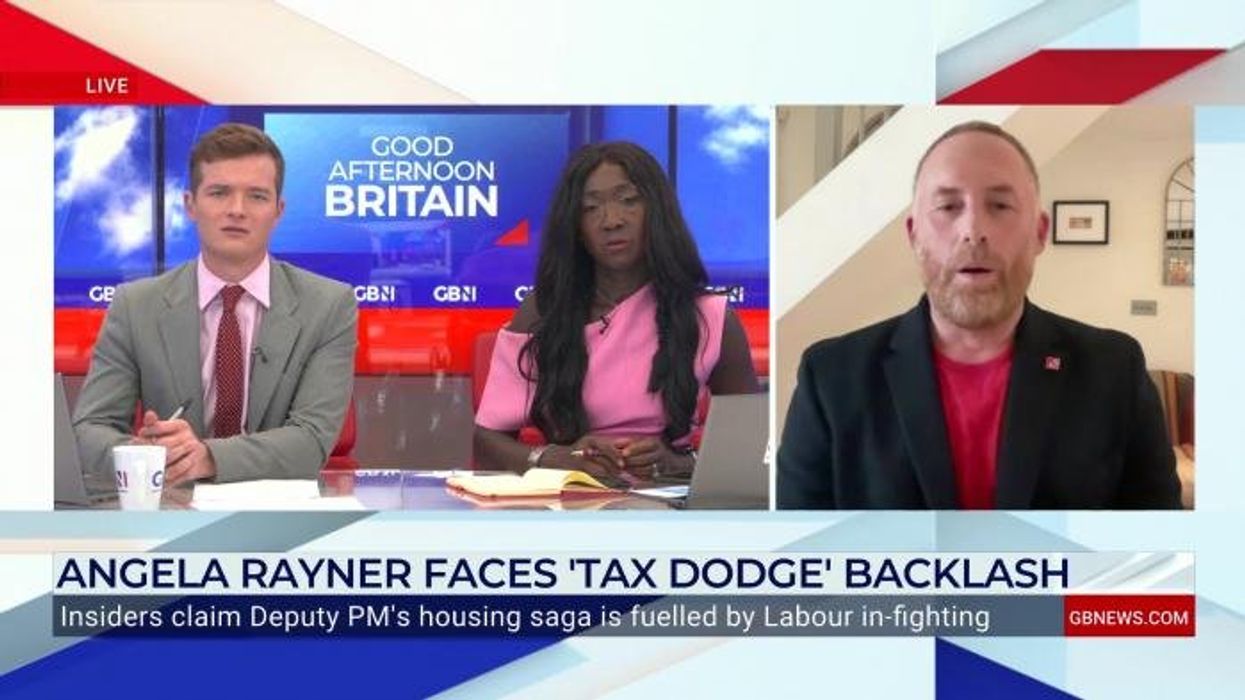
Nana Akua clashes with Matthew Stadlen over Angela Rayner's council tax situation |
GBNEWS

The proposal has sparked fears that older homeowners on fixed incomes could face crippling bills
Don't Miss
Most Read
Elderly homeowners could be forced out of their homes under new Treasury plans that may see council tax bills on the most expensive properties rise to more than £9,000 a year.
The Chancellor is said to be considering proposals to double council tax on properties in the top two valuation bands, sparking concern that pensioners and long-term residents on fixed incomes would struggle to afford the higher charges.
The plans come shortly after a public petition with over 10,000 signatures called for council tax cuts for state pensioners. However, the government dismissed the proposal, confirming it has no plans to introduce a blanket discount scheme.
If the chancellor is to go ahead with the council tax increase, households in Band G properties will face annual bills of approximately £7,800, up from the current £3,800. Those in Band H properties would experience even steeper rises, with typical bills jumping from £4,580 to £9,120.
The Conservative leader Kemi Badenoch warned that the changes would particularly affect elderly residents who have occupied their properties for many years.
She stated: "Creating new higher council tax bands will hammer people who have lived in the same house for decades, particularly pensioners, some of whom will be unable to pay this new tax and be forced out of their home."
Reform UK's leader Nigel Farage echoed these concerns, describing the proposals as an attack on property ownership that would particularly distress elderly residents.
He said: "It is an assault on assets and will cause huge consternation amongst older people living in properties they bought many years ago."
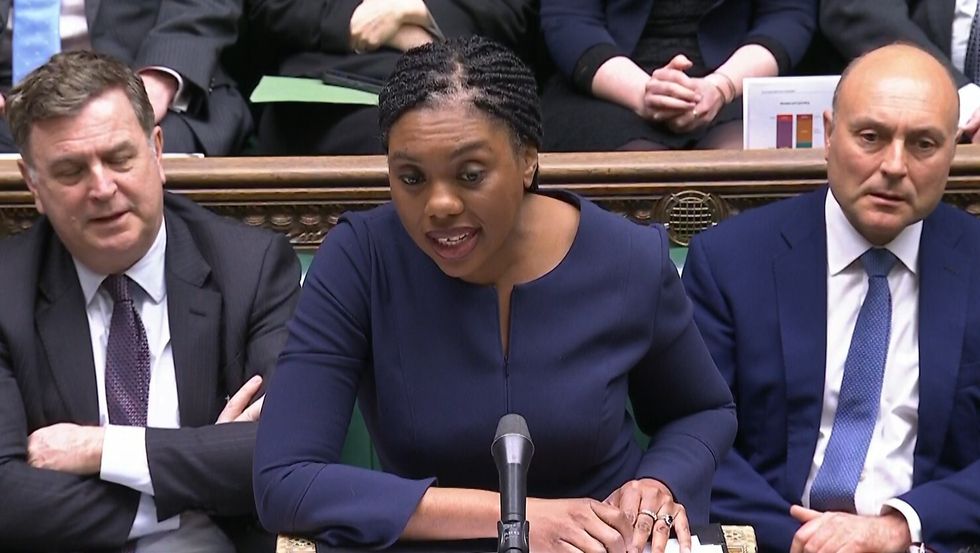
The Conservative leader Kemi Badenoch warned that the changes would particularly affect elderly residents
| PAThe measures would predominantly affect properties in London and the South East, where house values are highest and more homes fall into the top council tax brackets.
Opposition figures argue that many affected residents are asset-rich but cash-poor pensioners who purchased their homes decades ago when prices were significantly lower.
The Chancellor's considerations form part of efforts to address a £30billion shortfall in government finances ahead of the November 26 Budget. Treasury officials view council tax reforms as among the more straightforward methods for generating additional revenue.
The timing proves particularly sensitive given recent public pressure for pensioner support.
LATEST DEVELOPMENTS:
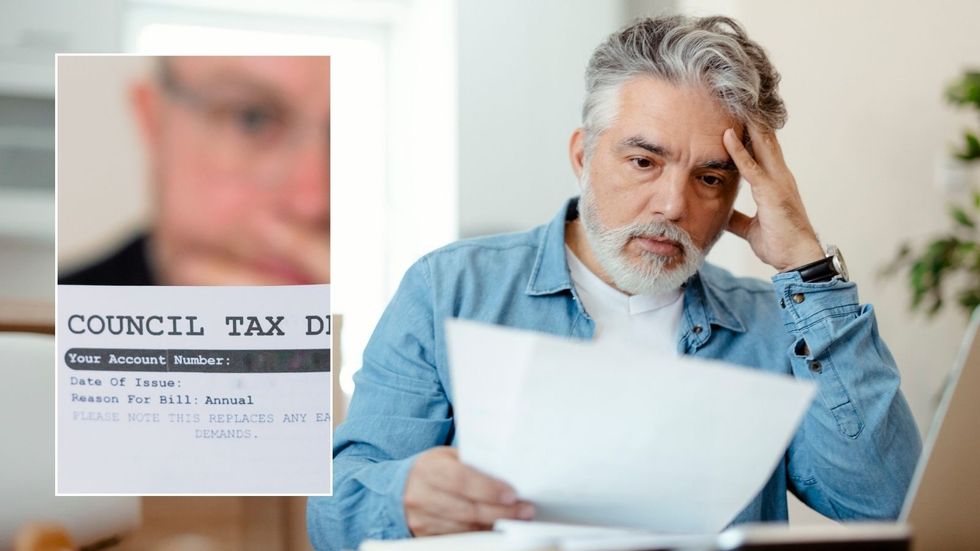
David Papworth launched a petition arguing that council tax rates fail to account for reduced pension incomes
| GETTYDavid Papworth launched a petition arguing that council tax rates fail to account for reduced pension incomes.
He noted that some retirees pay substantial portions of their pensions towards the levy despite having contributed to the system for five decades and purchasing their homes independently.
The Treasury has formally responded to the petition, confirming no intention to implement universal council tax reductions for pensioners.
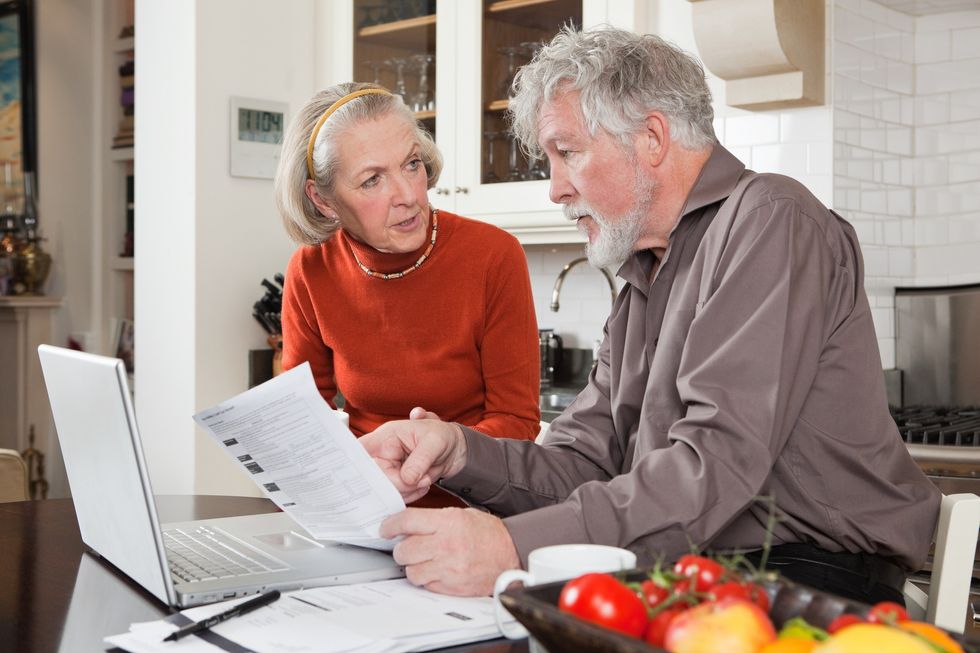
The Treasury confirmed no intention to implement universal council tax reductions for pensioners
| GETTYOfficials emphasised that targeted support already exists, with 1.4 million pensioner households receiving local council tax assistance as of March 2025.
The government statement noted: "The Government requires councils to provide council tax support so the lowest-income pensioners do not pay council tax. There are no plans for a mandatory council tax discount for all pensioners."
Ministers highlighted that £174billion will be allocated to state pensions and pensioner benefits across Britain this year, with the full new State Pension reaching £230.25 weekly, exceeding £12,000 annually in 2024/2025 tax year.
More From GB News





